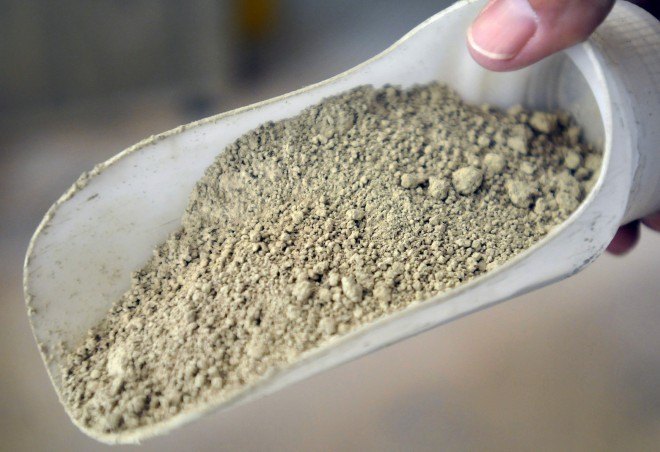Toyota-Owned Firm Looks To India For Rare-Earth Materials
TTAC has been keeping an eye on China’s near-monopoly on the rare earth compounds required to build hybrid and electric cars for some time now, and we’ve seen the materials become an increasingly controversial issue, culminating in this year’s diplomatic tiff between China and Japan. But, as Bertel has pointed out,
That the Chinese have a stranglehold on rare earth is not because they are the only ones who are are sitting on it. It’s due to laziness and lack of money.
Now, Toyota Tsusho (a partially-owned subsidiary of Toyota Motor Company), has announced plans to stop being lazy and spend money on a rare earth materials plant in the Indian state of Orissa. Tsusho says the factory should come online in 2012, and should produce 3,000-4,000 metric tons of the magnet-hardening materials. Meanwhile, Japanese firms aren’t limiting their search for rare earth materials to India. Bloomberg notes
The shortage in rare earths has brought delegations from Canada, Mongolia and Bolivia to Japan in the past two weeks as these countries promote themselves as alternative sources to China.
More by Edward Niedermeyer


































Comments
Join the conversation
Not surprised. Japan is scrambling to find alternative sources of rare earth metals. Hitachi this week announced that they've created a new automated method of recycling rare-earth metals from components such as hard drives and cellphones. Toshiba also announced that they are planning on extracting rare earth metals from the uranium processing that they are doing in Kazakhstan with Westinghouse (for their nuclear power plants). Supposedly they could have done it before and there were tons of rare earth metals that they just disposed of, but the radioactive nature of the process made it cost inefficient. That has changed since. Now, the Japanese are designing motors that don't require rare earth metals and have 90% power of the rare earth based motors. The Nissan Leaf doesn't use any rare earth metals at alll. Something they are too proud to advertise. Toyota Tsusho, Sumimoto (Mazda keiretsu), and Mitsubishi already are planning rare earth mines in Canada, South America, Australia, and Vietnam in the coming years. Molycorp is planning on having their mine back online by 2012. However, China still has the advantage for a few more years. Japan is late, but China should not have shown its cards so early. They wasted incredible leverage on a stupid spat that have gained them little.
Surely a green UN delegation headed by Al Gore could go to Peking and convince the Chinese to keep the rare earth materials flowing to enable much needed EV/hybrid vehicle development.
Australia is also supplying the growing demand from Japan. November 25: "Lynas Corporation Limited (LYC) has signed a Strategic Alliance Agreement with Sojitz Corporation to secure additional supply of Rare Earths products for the Japanese market by accelerating the expansion of the Lynas Rare Earths project." There's also Alkane Resources (ASX:ALK) as well. China's market share may be gobbled up by competitors due to the supply squeeze and rocketing prices in 2010.